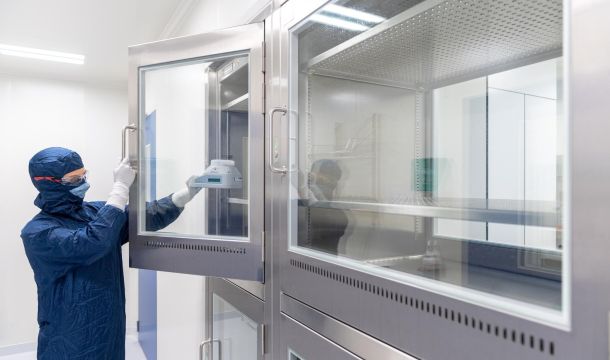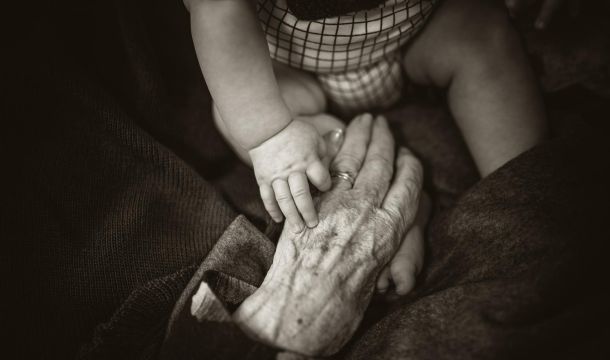Dealing With Religious Objections to a COVID-19 Vaccine Requirement
In our discussions of rules mandating COVID-19 vaccines, we’ve mentioned the two possible exemptions to a vaccine requirement: disability and religion. Let’s break down the religious exemption.
Under Title VII of the 1964 Civil Rights Act, a covered employer is required to “reasonably accommodate” an employee’s sincerely held religious beliefs or practices, unless such an accommodation would create an “undue hardship” for its business.
EEOC guidance explains that the definition of religion is broad and protects beliefs, practices, and observances with which the employer may be unfamiliar. Therefore, the employer should ordinarily assume that an employee’s request for religious accommodation is based on a sincerely held religious belief, practice, or observance. However, if an employee requests a religious accommodation, and an employer is aware of facts that provide an objective basis for questioning either the religious nature or the sincerity of a particular belief, practice, or observance, the employer would be justified in requesting additional supporting information. As an example: if an employee has always taken a flu shot, but then claims that they have a religious objection to a COVID-19 vaccine, that is objective evidence that the religious objection to the COVID-19 vaccine is not sincere.
If an employee makes an objection to the vaccine based upon a religion that you have never heard of, it is important not to dismiss the employee or his/her stated religion out of hand or make any negative comments about them. In other words–don’t buy yourself a claim of religious discrimination or harassment. On the other hand, don’t be afraid to do some research into any unknown religion.
If an employer determines that a religious objection to the COVID-19 vaccine is sincere, then the employer must determine whether it can reasonably accommodate the unvaccinated employee. Under Title VII, an employer should thoroughly consider all possible reasonable accommodations for religious accommodation for Covid-19 vaccination requirements, including telework and reassignment. Other employee accommodations include: wearing a face mask; working a modified shift; and being periodically tested for Covid-19.
As with reasonable accommodation requests made pursuant to the ADA, requests for religious accommodations must be analyzed on a case by case basis. Document the request as well as the process of reaching a decision on the requested accommodation.
However, an employer can lawfully reject a requested accommodation if it would cause an undue hardship, which is “more than a trivial cost to its operations.” Applying this standard to COVID-19 vaccination requirements, employers have argued that allowing COVID-19 to spread among employees and the public would be an undue hardship, and therefore, there is no reasonable alternative to vaccination of all employees in jobs where they have contact with other employees or the public, and the spread of COVID-19 cannot be otherwise mitigated.
Pro Tip: employers need to develop a process and designate responsible personnel to handle employee requests for religious exemptions from vaccine requirements.

Kathleen J. Jennings is a former principal in the Atlanta office of Wimberly, Lawson, Steckel, Schneider, & Stine, P.C. She defends employers in employment matters, such as sexual harassment, discrimination, Wage and Hour, OSHA, restrictive covenants, and other employment litigation and provides training and counseling to employers in employment matters.
Related Content
Get Email Updates
Recent Content

NLRB to Seek Rescission of past Discipline Imposed under Overbroad Employer Work Rules

Do Drive Cam Cameras inside Trucks Violate Employee Rights?

Amazon Considers Risk When Investigating Employee Misconduct

Latest NLRB Attack Goes beyond Non-Compete Agreements to Reach Outside Employment

NLRB Board Addresses BLM Insignia at Work




